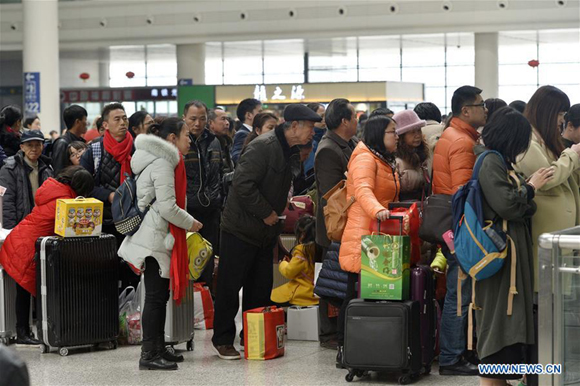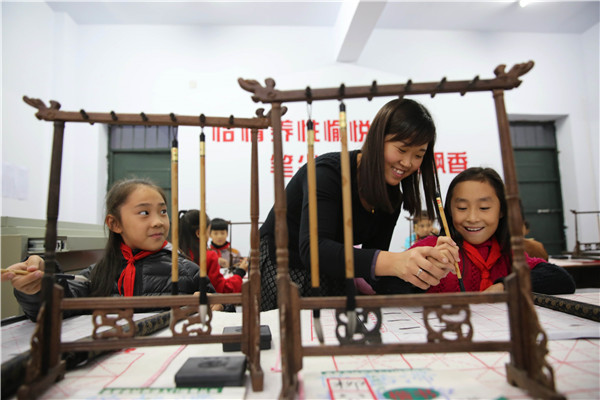Adults in Fujian province who are the product of single-child families will be guaranteed paid leave of up to 10 days annually if they need to care for older parents who are hospitalized, according to legislation passed by the province’s top legislature.
The measure was passed on Jan 22 and is set to go into effect on March 1. It is intended to protect residents at age 60 or above, but some experts and members of the public say they are doubtful it will work in the private sector.
It says that wages and benefits for those without siblings who take time off for the specified purpose should continue to be paid.
Employers who refuse to continue paying wages and benefits will be punished, said Xu Hua, vice-chairwoman of the Legislative Affairs Commission of the Fujian Provincial People’s Congress Standing Committee.
If employers still refuse to pay past a deadline, the Department of Human Resources and Social Security will levy fines ranging from 2,000 to 20,000 yuan ($290 to $2,900) in accordance with Regulations on Supervision of Labor Security, Xu said. They also will be listed as “promise breakers” and will be restricted in bidding, market access and obtaining financing, she said.
There were 5.15 million seniors aged 60 and above in Fujian by the end of 2015, representing 13.4 percent of the province’s population. For the whole country, the number was 222 million, or more than 16 percent of the population.
Fujian’s new measure follows a national law passed in 1996 by the country’s top legislative body on the “protection of the rights and interests of the elderly”. The law was amended twice in 2012 and 2015. According to the latest amendment, seniors have the right to obtain material assistance from the State. It also says families are required to care for them.
The Fujian regulation builds upon the national law by adding more detailed provisions, said Gan Mantang, a sociology professor at Fuzhou University.
But while calling paid leave “innovative”, he said it will be difficult to put into practice.
“Workers are not even paid now for some normal vacations. It remains doubtful that this paid leave will be carried out.”
He said it probably can be put into practice in State-owned institutions, but it may not be so easy in private companies, he added.
Han Yongjing, an assistant to a real estate company’s chief financial officer in Fuzhou, Fujian’s provincial capital, said public servants may benefit from the policy but doubts the same will apply in the private sector.

